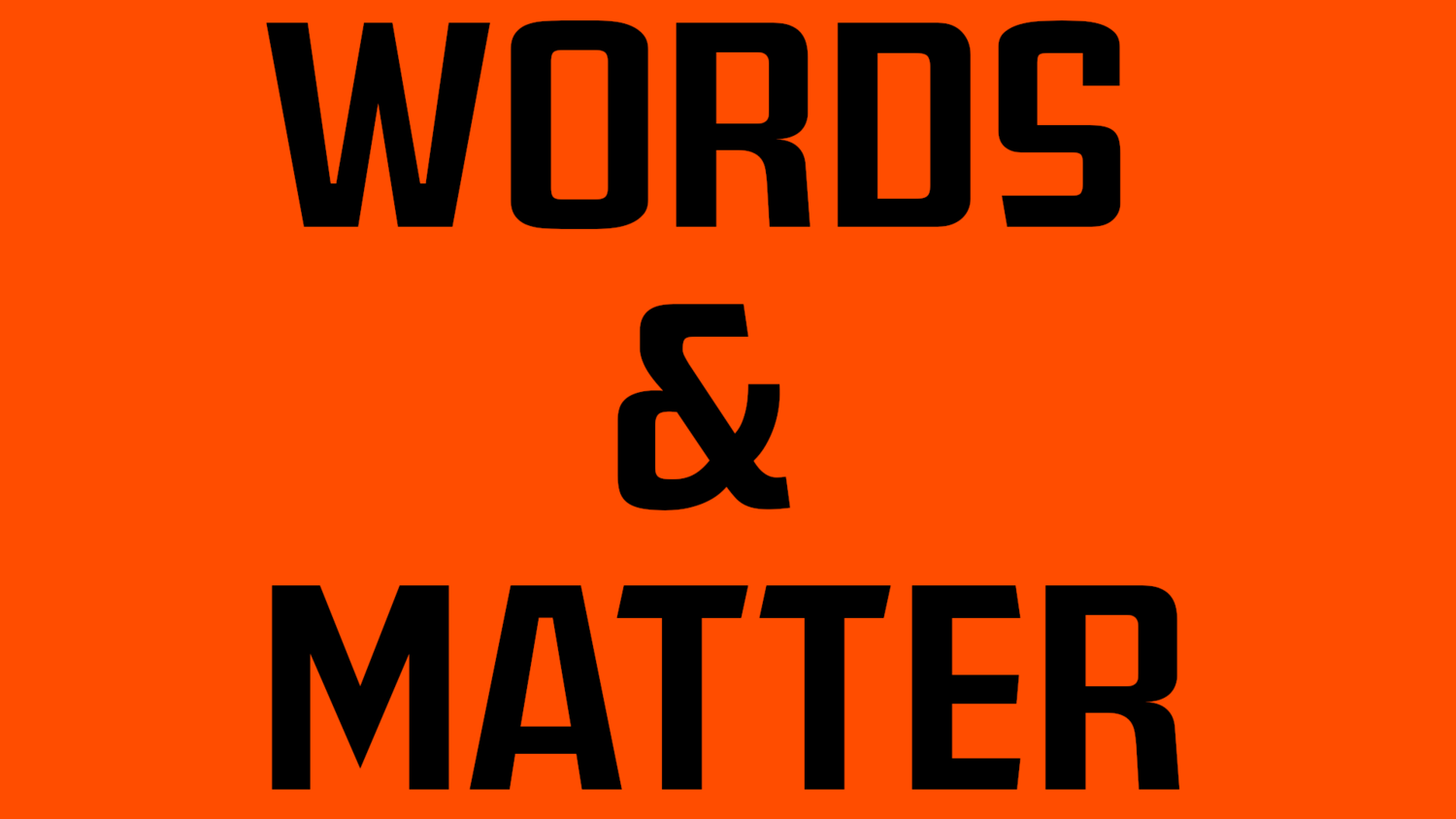Henry Marsh's 'Do No Harm' wins Ackerley prize
/Dr. Henry Marsh's Do No Harm: Stories of Life, Death and Brain Surgery has won the 2015 PEN Ackerley prize. It's a bit of news well-received here at W&M HQ. We're big fans of the book and its frank, insightful and beautifully written stories are excellently told - especially by a man who's hands are better used to intricate surgeries, not stanzas.
Intricacy certainly isn't missing from Do No Harm, and the award is proof enough of that! Making the award announcement, judge chair Peter Parker noted:
Several widely praise and heavily garlanded autobiographies were published in 2014, but the PEN Ackerley judges felt that few of these delivered on their promise. Henry Marsh's Do No Harm was, outstandingly, one that did…beautifully written, recklessly honest and morally complex.
Marsh writes superbly about the intricacies of the human body, about the sometimes conflicting impulses of professional ambition and human need, and about the difficulty of talking honestly to patients and their families in times of medical crisis. These ‘Stories of Life, Death and Brain Surgery’ present a compelling argument about the moral dimension of surgical intervention and build to a touching and rueful self-portrait.
On receiving the award, Dr Marsh told it was "very pleasing indeed to get this particular prize". Congratulations Doctor, very well-deserved indeed!
--
The Ackerley prize celebrates autobiography and memoir, and is named for JR Ackerley, the former literary editor of The Listener magazine. It is awarded by the (awesome) English PEN.





